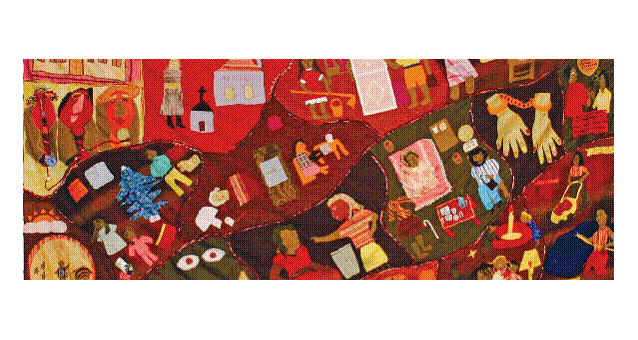Europe-Africa crisis we don’t want to name: organised sexual exploitation of women and girls

[A research paper of the European Network of Migrant Women, EU Anti-Trafficking Day, 18 October 2017] As of June 2017, the number of “migrants” which in this case references all those arriving by sea to Italy, rose by 21% in comparison to the same period in 2016. These official statistics present a composite number of economic migrants, refugees, as well as the victims of trafficking in human beings. Nationals of Nigeria closely followed by Guinea account for the largest number of the “migrants” utilising the central Mediterranean route to southern Italy. Statistics would suggest that most of those arriving are young Nigerian males subjectively categorised as economic migrants escaping poverty or civil unrest within their respective nations and becoming the victims the smugglers on their way to Europe.
However, the statistics negate the sharp increase in the number of Nigerian women arriving in Italy. As of March 2017, the International Organisation for Migration estimates that there has been an almost ten-fold increase in the number of Nigerian women being trafficked to Italy and Europe into prostitution, as well as, the worst form of it, the actual sexual slavery. This is an increase from just over 1000 to over 11,000 in just three years; this is a women’s crisis.
For the 2017 EU Anti-Trafficking Day, the European Network of Migrant Women has issued a research looking at the reality of the Africa-Europe organised sexual exploitation of women and girls. Developed by Asha Allen (currently Policy and Campaigns Assistant at the EWL) for ENoMW, the research paper bring ENoMW’s strong views about prostitution and organised sexual exploitation into the European agenda, and calls for concrete action.
Find out more here.




